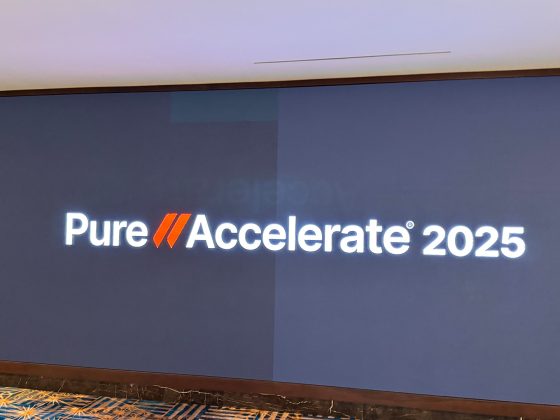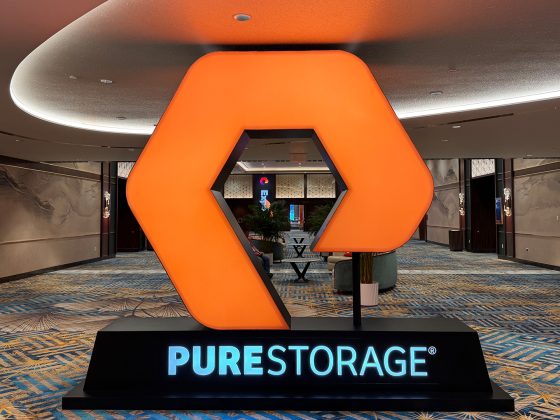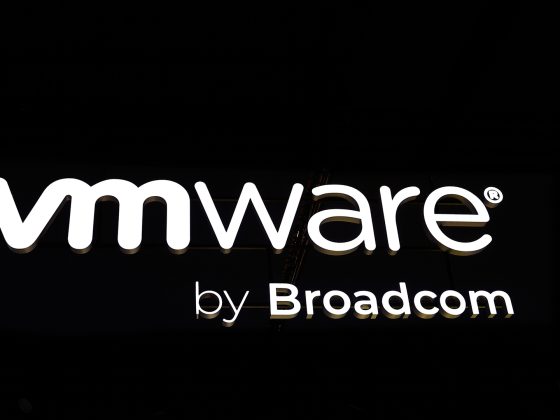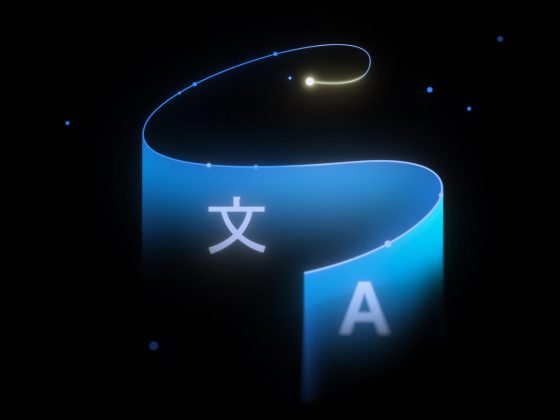In our ongoing discourse about the future of Artificial Intelligence, a critical concept arises – Novacene. The Novacene epoch represents the next phase of planetary evolution, where life does not just passively inhabit the world, but actively shapes it. The concepts of Novacene and Gaia originate from the mind of James Lovelock, an influential British scientist, environmentalist, and futurist known for proposing the Gaia Hypothesis.
Proposed in the 1970s, the Gaia Hypothesis posits that Earth and its biological systems interact in such a way that they form a self-regulating, complex system. This system aids in maintaining and perpetuating the conditions for life on the planet. Gaia, named after the ancient Greek goddess who personifies Earth, is a view of Earth as a synergistic self-regulating system, where the organic and inorganic components, along with the atmosphere and the oceans, are interlinked in a complex web of feedback loops.
From our partners:
Novacene, as a concept, signifies the era that succeeds the Anthropocene – the current epoch where humans are the dominant influence on the environment and climate. Lovelock conjectures that this upcoming age will be one where hyperintelligent and self-sustaining AI will play the role that humans currently occupy.
The core principle of Novacene is not one of human obsolescence but evolution. At the dawn of this era, humans will create artificial beings (AI) capable of thinking thousands of times faster than us. These beings will have their own intelligence and consciousness, and will far surpass human capabilities. In this context, AI does not replace humanity but partners with us, driving forward a co-evolution that pushes the boundaries of what we perceive as ‘life’. It expands the definition of life to include what Lovelock terms ‘cybernetic life’, where physical and mental abilities far exceed human capabilities.
In Lovelock’s vision, Novacene will not be a time of human versus machine conflict, but rather a symbiosis. He asserts that these superintelligent beings will still need us, just as we will need them. This assertion stems from his belief that Earth or Gaia would not tolerate a species that posed a risk to life in general. Therefore, any artificial superintelligence will need to respect and preserve life to continue existing itself.
The Novacene epoch is not a sudden event but a gradual transformation, triggered by breakthroughs in AI and automation. As AI advances beyond human capabilities, it catalyses the transition into Novacene. The onset of Novacene will give rise to new ‘beings’. These entities, often envisaged as cyborgs or wholly artificial beings, will be integral to our world’s functioning, shaping not just our technology but also our environment and society.
The Novacene epoch brings with it a wave of societal and economic changes. While these changes will be disruptive, they can also create opportunities for growth and development. The arrival of Novacene raises significant ethical questions. If we are to share our planet with hyperintelligent AI entities, how will we ensure fairness, mutual respect, and beneficial coexistence? Amid these changes, the role of humans will evolve. We will need to learn to coexist with our AI partners, defining a new social order that encompasses both biological and cybernetic life forms.
As we stand on the precipice of the Novacene epoch, it is incumbent upon us to responsibly navigate this transition should occur. The concept of Novacene reminds us that the path to the future is not one of human versus AI but a partnership that can yield a harmonious and sustainable existence. As we embrace this upcoming phase, we must remember to safeguard our values, ensuring that as we evolve, we do not lose sight of the ethics and principles that define our humanity. Lovelock’s musings on Novacene and Gaia are interesting because they offer a somewhat optimistic view of the potential future with advanced AI. However, they are based on speculation and are not generally accepted in the scientific community. Future developments may provide more insight into the validity of Lovelock’s predictions.
For enquiries, product placements, sponsorships, and collaborations, connect with us at [email protected]. We'd love to hear from you!
Our humans need coffee too! Your support is highly appreciated, thank you!




